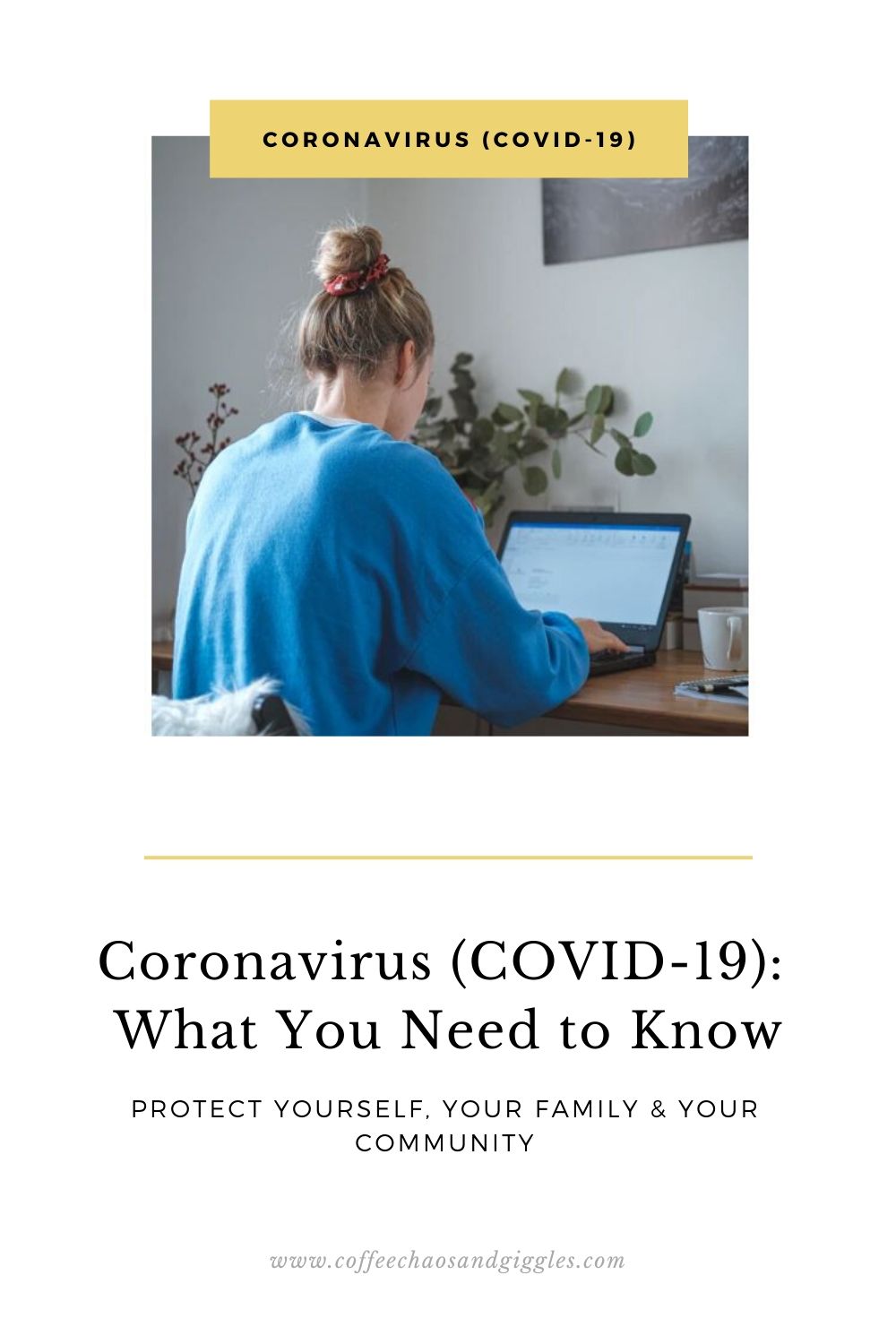Zika Virus: What you Need to Know

- 1947: Zika Virus was first identified within a monkey that was being monitored for yellow fever in the Zika Forest of Uganda
- 1950’s: Determined that humans carried certain antibodies against Zika Virus
1968: Zika Virus was isolated from humans in Nigeria; subsequent studies revealed evidence of Zika Virus infection in other African countries including Uganda, Egypt, Central African Republic, Tanzania, Sierra Leone and Gabon. Traces were also found in Asia, primarily in Malaysia, Philippines, India, Thailand, Vietname and Indonesia. - 2007: Zika Virus moved outside of Africa and Asia
- 2013: Outbreaks in Yap Island and French Polynesia
- 2015: May, the first cases of Zika Virus was detected in the Americas: Brazil
- 2016: January, Zika Virus identified in The Caribbean
- 2016: April 14th, Dr Tom Frieden, the head of the CDC, confirmed that the Zika Virus does indeed cause Microcephaly and several other birth defects in babies

Picture Source: Christian Post
What is Zika Virus?
Given how serious Guillain-Barré and microcephaly is, it is being recommended by health officials that pregnant women should either avoid travel to areas that are endemic for Zika virus infection, or to take necessary measures to reduce any possible exposure to mosquitoes.
Natural Repellents to Mosquitos
For those who want to be cautious, and who are being proactive in protecting themselves and their family members from the possible transmission of the Zika Virus, there are a few natural repellents to battle mosquitos.
- Lemon Eucalyptus Oil
- Cinnamon Oil
- Lavender
- Thyme Oil
- Catnip
- Citronella
- Neem Oil
- Organic Soy Oil
- Garlic
- Lotus
For more information on this list, check out this article.
Control of Zika Virus
Since there are currently no antiviral drugs or vaccines against Zika Virus. Mosquito control is the only option for restricting the virus. Taking such measures as to wearing clothing that covers the majority of your body, sleeping under a bed net or making sure common breeding sites, such as standing water in pots and used tires, for mosquitos aren’t present nearby can help eliminate the prevalence of mosquitos.
Wearing mosquito spray is also a huge preventative. Businesses are now offering services that include sprays of certain insecticides to help decrease and potentially prevent mosquitos from finding their way into your yard. Of course, the people who have such services can’t promise it’ll stop mosquitos all together, but it can certainly help!
In closing, it’s important to be aware of the affected areas of Zika Virus. Avoid travel into areas known to have the virus and always take steps to prevent mosquito bites. Speculations have risen that Zika Virus can cause birth defects in women who are pregnant, so taking extra precaution is recommended. Zika Virus can also be transmitted sexually.

Picture: CBS





